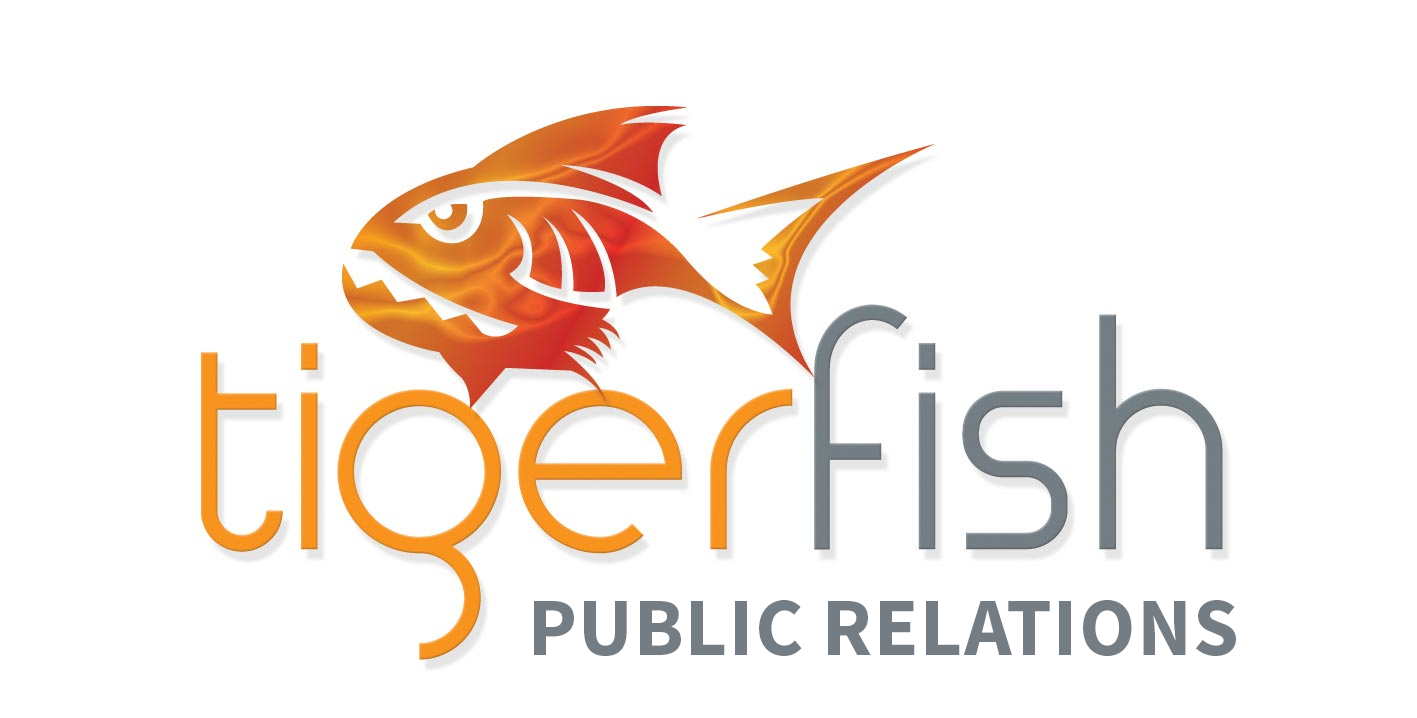Reputation or financial performance?
May 1, 2017Telling your story
May 1, 2017Dear Sir/Madam… Seven mistakes students make when writing emails
Like most agencies, I get many emailed requests from students for work placements. And I’m astonished that many of them include really fundamental mistakes, especially as emailing is a key form of communication for public relations professionals. Here are seven of the common mistakes to avoid:
1. Blank subject line
Please put something in the subject line. Even if it’s only ‘work placement request’. Then it’s got a fighting chance of being read and/or found again when I’m searching through emails.
2. Putting everyone in the ‘To’ field
Oh this is such a no-no. Just last week I received an email addressed to me and eight other agencies. Whilst it was nice to be in such august company, it didn’t feel very personal. And frankly, if you want to spend four weeks honing your craft with an agency, it doesn’t seem unreasonable for you to put in some effort drafting separate emails. Or learning how to do a Microsoft Word email merge. Or at least working out that the ‘bcc’ field means ‘blind carbon copy’ ie. all the other names are hidden from view, apart from the one in the ‘To’ field.
3. Writing ‘I think your company can offer me valuable experience and skills’
Remember the WIIFM rule? [what’s in it for me]. If you want something, you need to highlight how taking you on will benefit the agency. It’s not all about you. And certainly don’t write ‘I think your company can offer me valuable experience and skills’ if you’ve obviously sent it to eight others. It looks, feels and sounds disingenuous.
4. Not checking your upper and lower cases
You should at least be consistent. Anyone can make mistakes – I might well have made typos in this blog post, but surely, can this example be right? English, media and Cultural studies.
5. Addressing email to Dear Sir/Madam
I get this so often. You go to the effort of typing in my address – amanda@tigerfishpr.co.uk – and then start your email to me ‘Dear Sir/Madam’. It drives me to distraction. It’s OK to address me as Amanda. You could even start Ms Jackson. But Sir? Or heaven forbid, Madam??
6. Not giving any contact details
Honestly. If you’ve contacted me out of the blue, I really need more proof than a hotmail address, that you’re genuine. A phone number would be useful. I would never consider taking you on if I’d not spoken to you. What about your Twitter tag? Your LinkedIn page? Your Google + details? We’re all in digital PR nowadays.
7. Asking if I’d like to see your cv.
Why not just send it in anyway? Making sure it has references on it, and your head of faculty or tutor’s name too, so I can speak to them if necessary.
So to all students out there – I wish you lots of luck with your future careers in PR. But make sure you give yourselves a flying start by honing the basics.
Are there any I’ve missed off the list?
